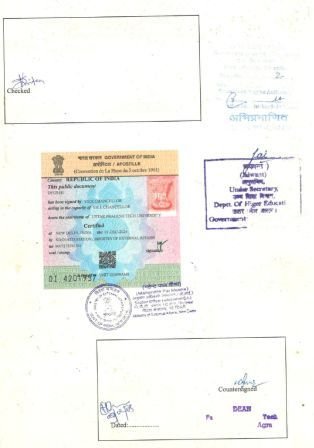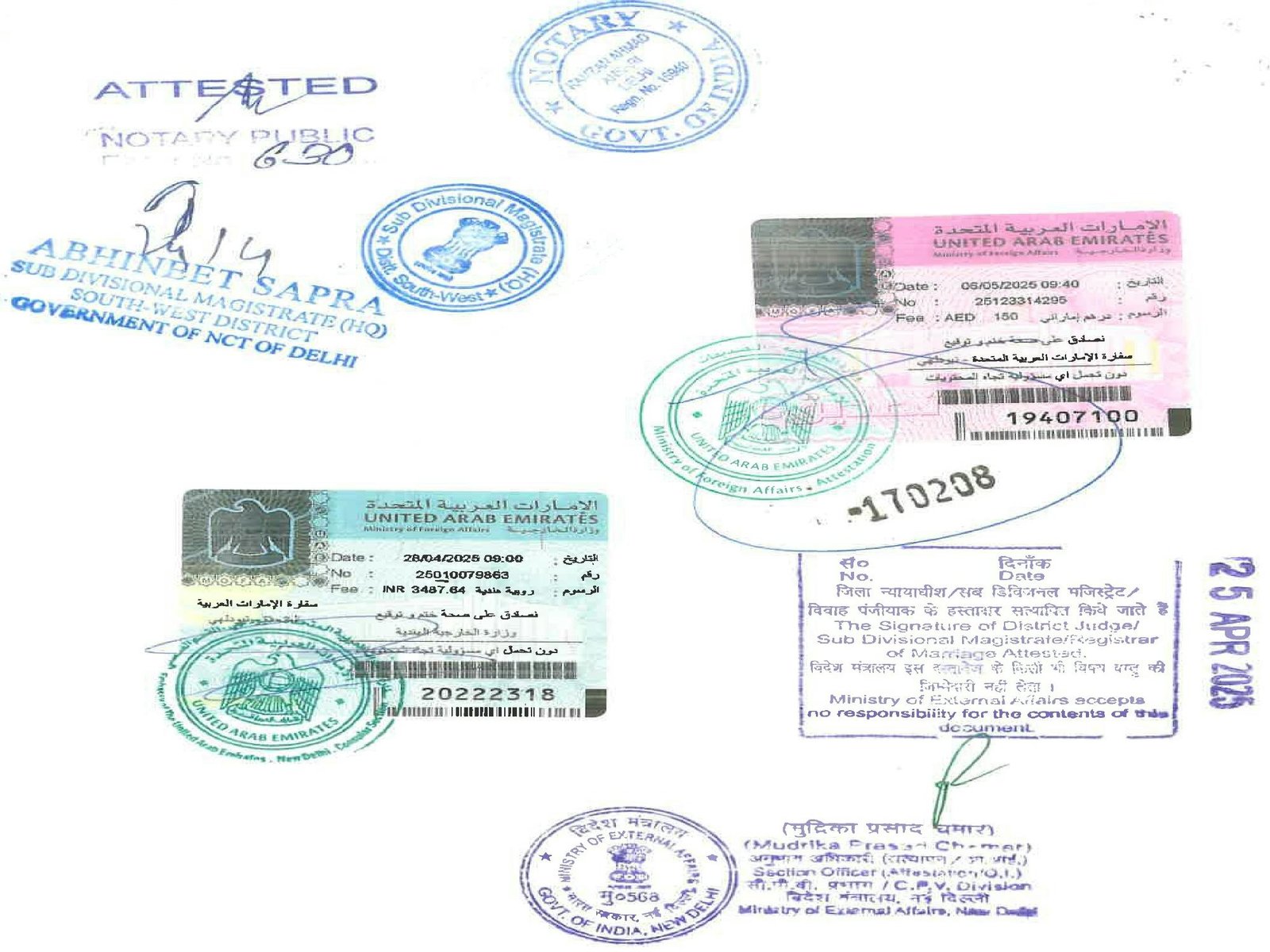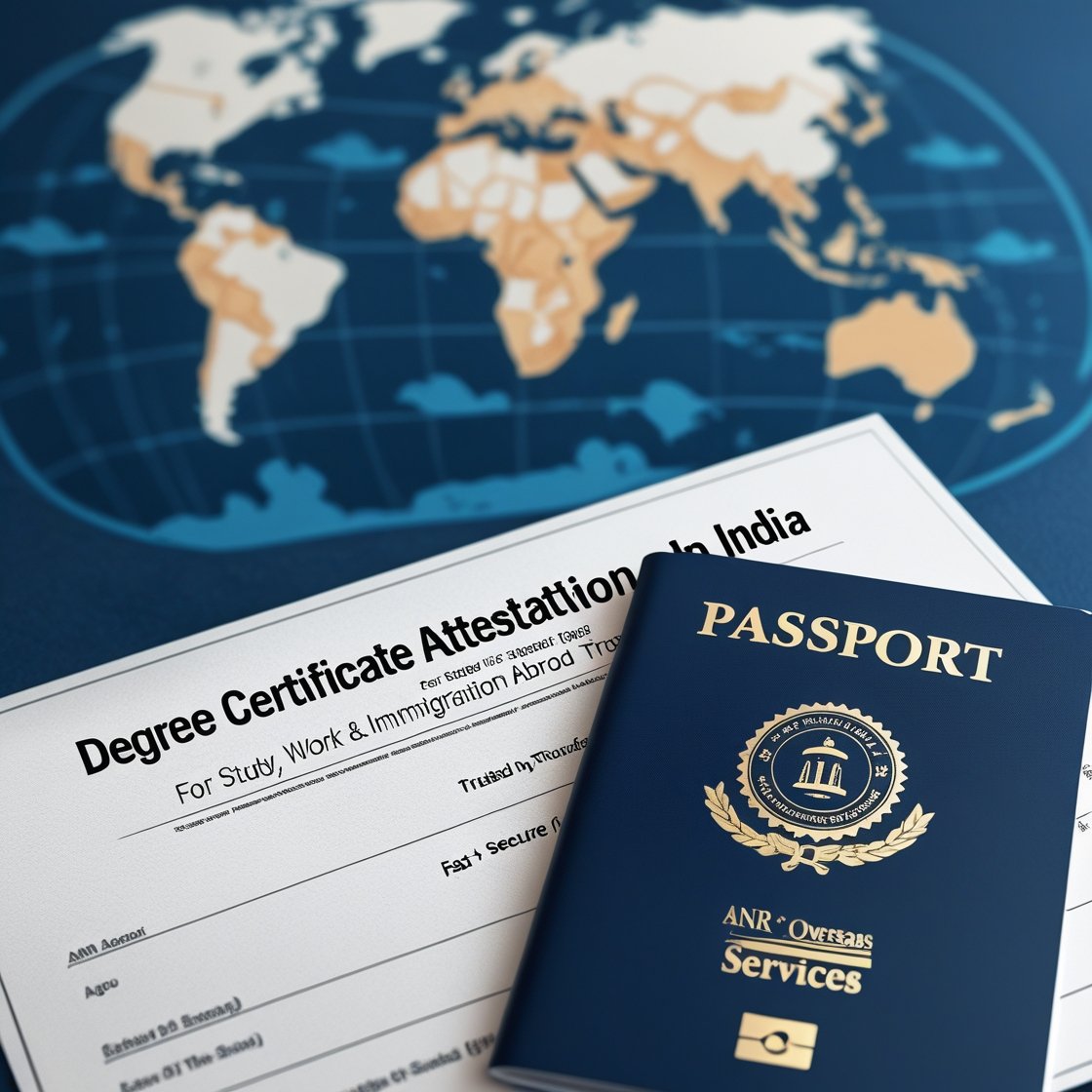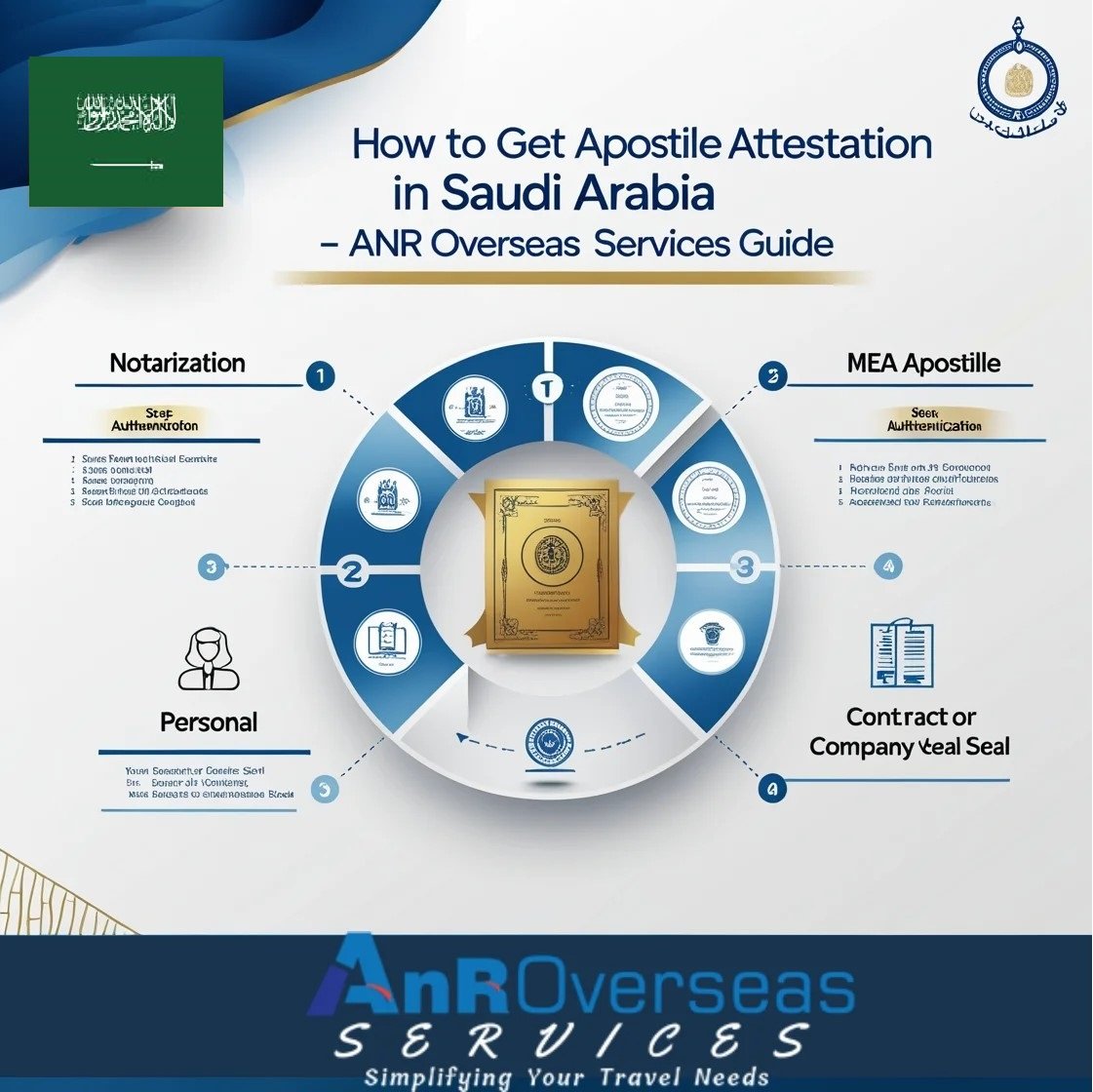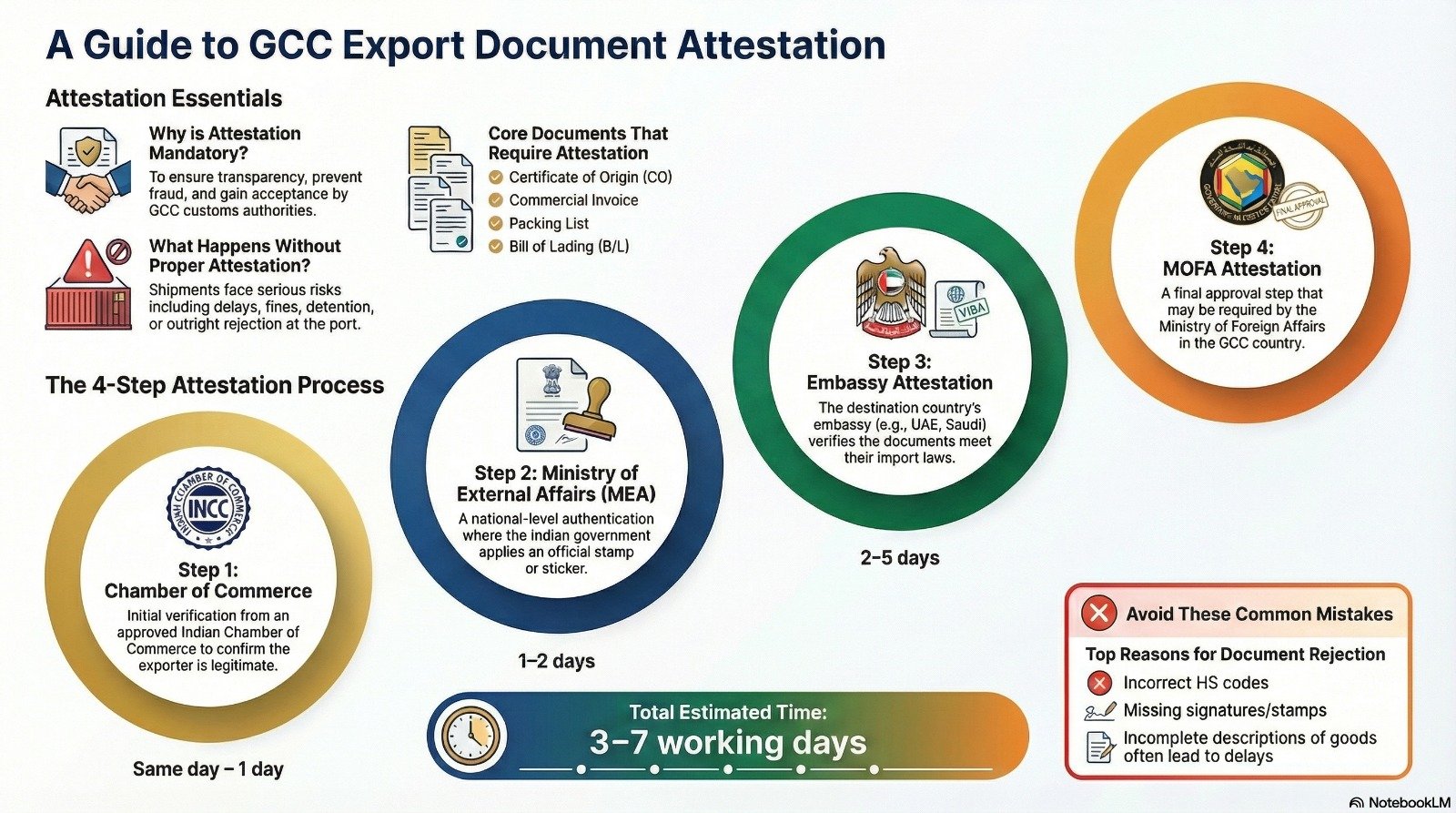
Commercial Documents Attestation for Export Commercial Documents Attestation for Export
Exporting goods to Algeria, Angola, Bahrain, Bangladesh, China, Ecuador, Egypt, Ethiopia, Guatemala, Iraq, Italy, Kuwait, Lebanon, Libya, Malaysia, Morocco, Nigeria, Panama, Qatar, Saudi Arabia, Sri Lanka, Sudan, Syria, Taiwan, Tajikistan, [...]
